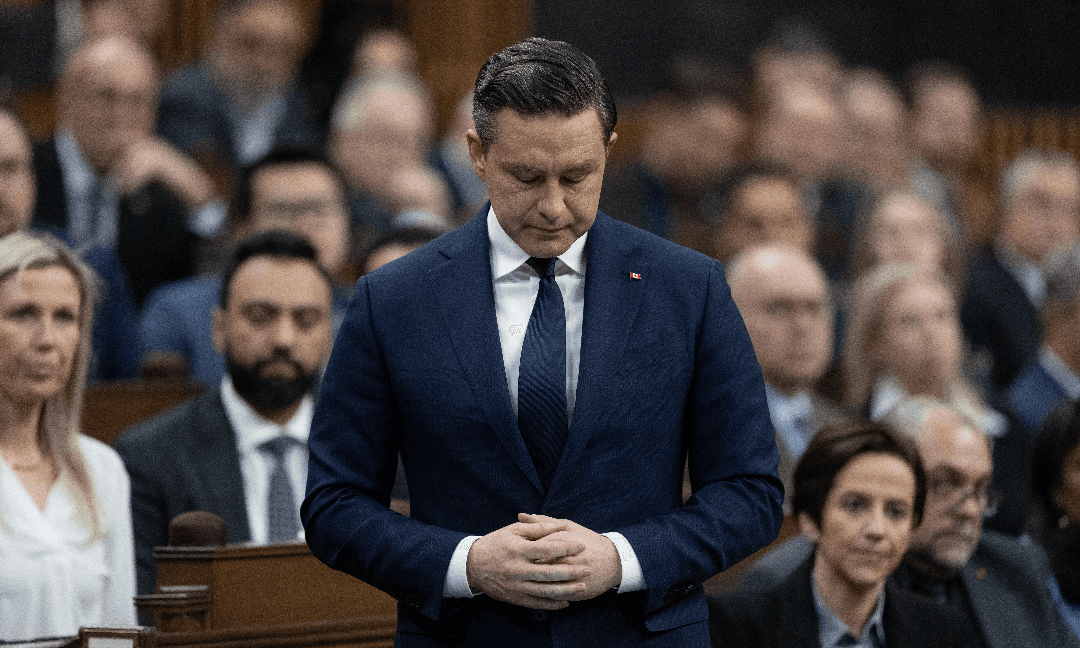The border agency turned down suggestions from the procurement department to have an open competition for contracts related to the embattled ArriveCan application, MPs heard in committee.
Millions of dollars in sole-sourced contracts were awarded by the Canadian Border Services Agency (CBSA) to companies that barely did any work and subcontracted the tasks.





